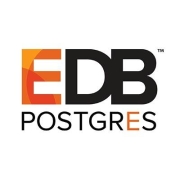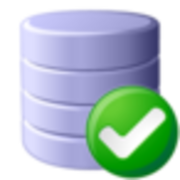Database as a Service (DBaaS) offers cloud-based database management without the hassle of physical hardware or traditional infrastructure, ensuring speed, scalability, and reliable performance.
DBaaS provides organizations with streamlined database operations, cutting-edge security, and high availability. Popular solutions support multiple database types, including SQL and NoSQL, catering to various application needs. Users benefit from automated backups, patch management, and disaster recovery, reducing administrative overhead.
What are the critical features of DBaaS solutions?In financial services, DBaaS enables real-time transaction processing and provides secure data storage. E-commerce platforms benefit from scalable databases that handle varying loads during peak shopping seasons. Healthcare organizations leverage DBaaS for storing and managing large volumes of patient data, ensuring fast and secure access.
DBaaS helps organizations by simplifying database management, reducing costs, and improving operation speed, which is particularly helpful in dynamic and data-intensive environments.































Security in DBaaS involves data encryption, access control, and regular audits. You'll want to ensure that encryption is used both in transit and at rest. Access control is crucial; limit who can view or modify data. Regular audits and compliance checks help maintain trust. Understanding the provider's shared responsibility model is vital to effectively manage your data security.
How does DBaaS handle scalability?DBaaS excels at providing seamless scalability, allowing you to adjust resources as needed. This is essential for managing fluctuating workloads, ensuring performance remains optimal. You can typically scale vertically by adding more resources or horizontally by dividing workloads across multiple nodes. This flexibility is particularly beneficial for businesses experiencing growth spikes or seasonal variations.
What cost implications should be considered with DBaaS?When considering DBaaS, it's important to account for both direct and indirect costs. Direct costs include subscription fees based on usage, while indirect costs might involve data migration and integration. Understanding the pricing model—whether it's pay-as-you-go or subscription-based—will help you budget effectively. Monitoring resource utilization can also prevent unexpected expenses from unused resources.
Which database types are commonly supported by DBaaS?DBaaS typically supports a wide range of database types, including SQL databases like MySQL and PostgreSQL, and NoSQL databases such as MongoDB and Cassandra. This flexibility allows you to choose the best database for your application's specific needs. It's important to evaluate your data requirements and choose a DBaaS that aligns with your preferred database engine for optimal performance.
What is the role of automation in DBaaS management?Automation plays a key role in simplifying DBaaS management. It streamlines tasks like backups, replication, patching, and performance monitoring. By automating these processes, you can reduce the risk of human error and ensure that your database environment remains robust and efficient. This allows you to focus more on developing applications rather than managing infrastructure.